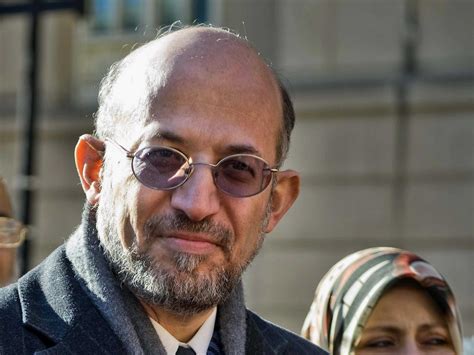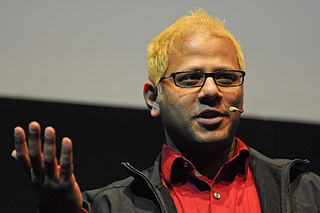A Quote by Tom Stoppard
What is the society we wish to protect? Is it the society of complete surveillance for the commonwealth? Is this the wealth we seek to have in common - optimal security at the cost of maximal surveillance?
Related Quotes
What we're really debating is not security versus liberty, it's security versus surveillance. When we talk about electronic interception, the way that surveillance works is it preys on the weakness of protections that are being applied to all of our communications. The manner in which they're protected.
The technotronic era involves the gradual appearance of a more controlled society. Such a society would be dominated by an elite, unrestrained by traditional values. Soon it will be possible to assert almost continuous surveillance over every citizen and maintain up-to-date complete files containing even the most personal information about the citizen. These files will be subject to instantaneous retrieval by the authorities.
A cashless society promises a world of limitation, control, and surveillance - all of which the poorest Americans already have in abundance, of course. For the most vulnerable, the cashless society offers nothing substantively new; it only extends the reach of the existing paternal bureaucratic state.
I am disturbed by how states abuse laws on Internet access. I am concerned that surveillance programmes are becoming too aggressive. I understand that national security and criminal activity may justify some exceptional and narrowly-tailored use of surveillance. But that is all the more reason to safeguard human rights and fundamental freedoms.

































